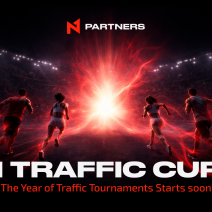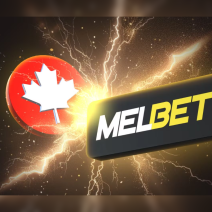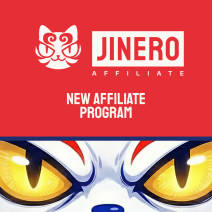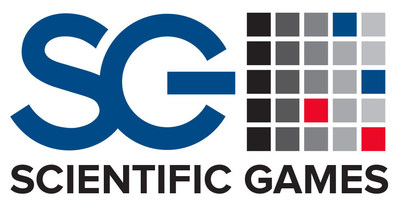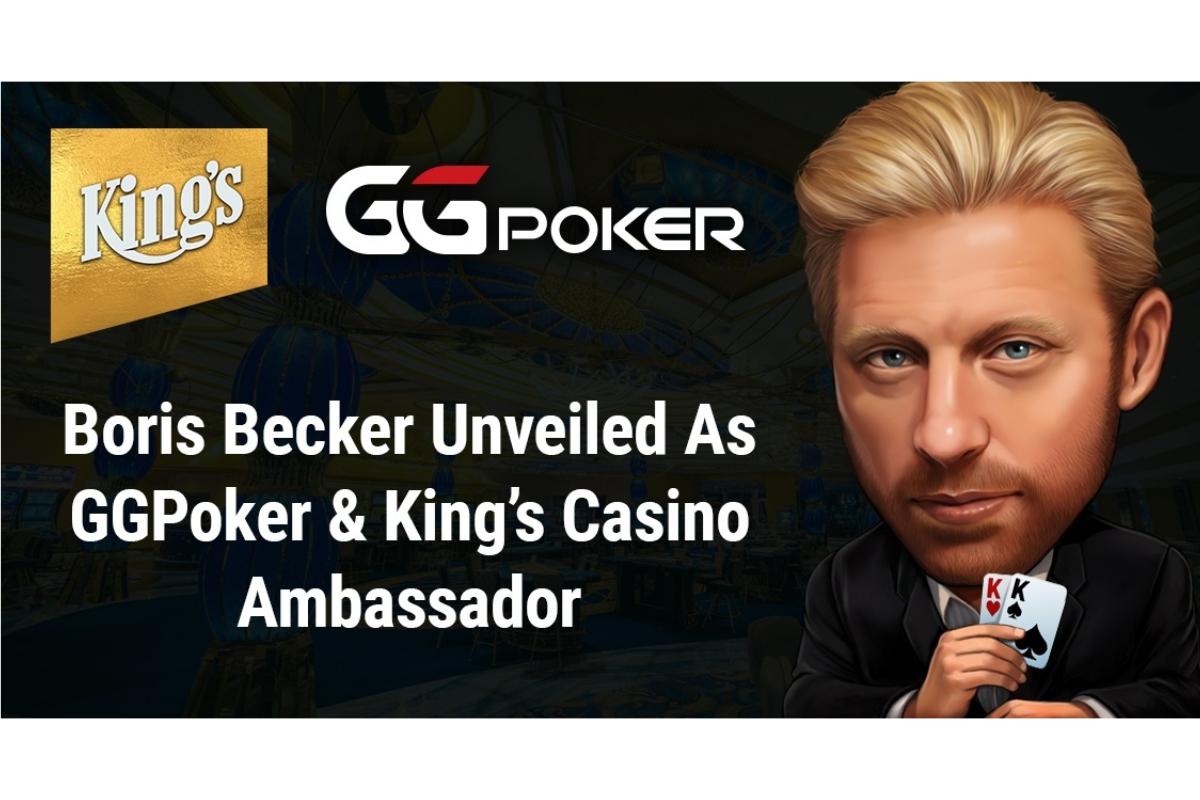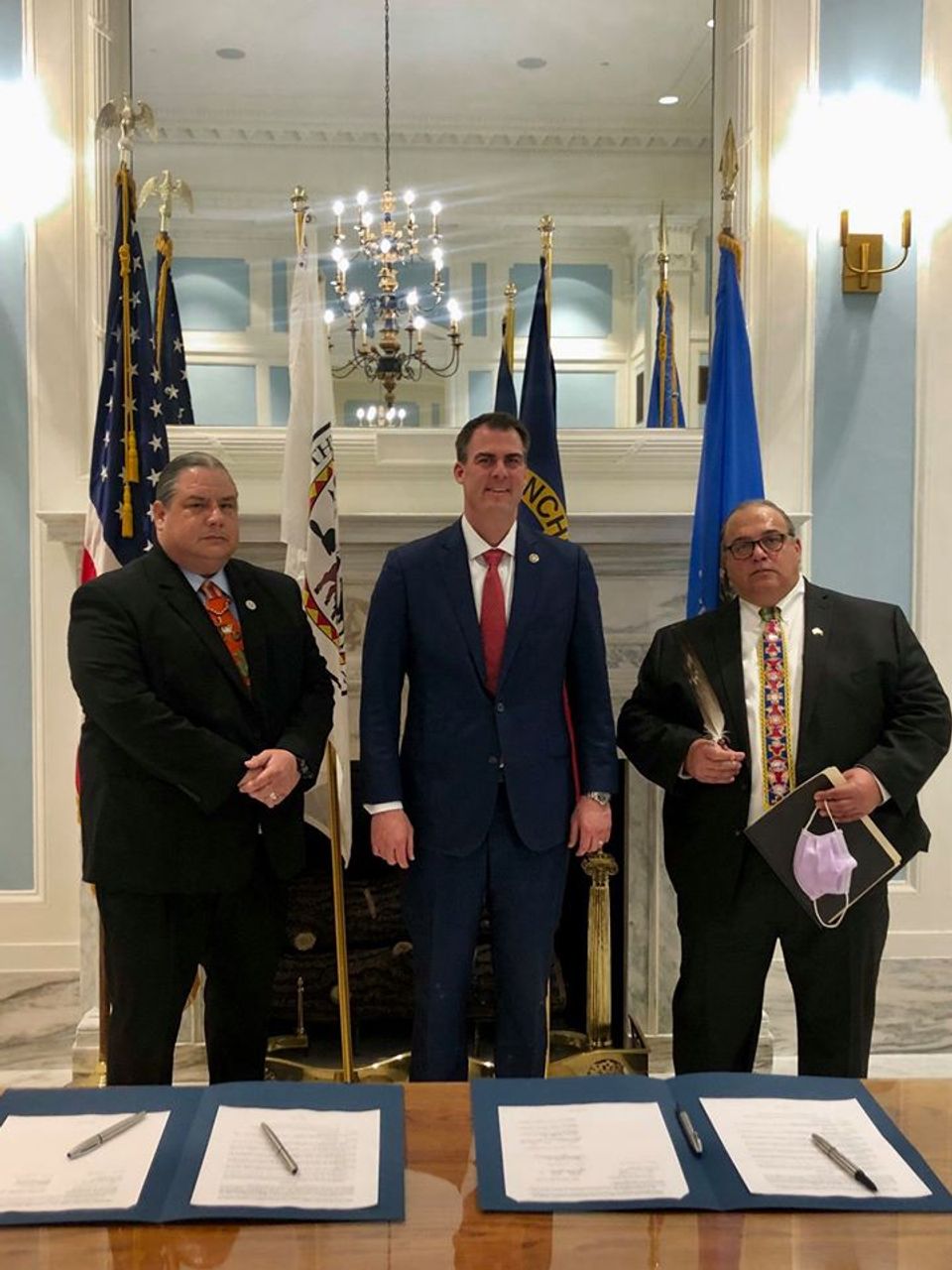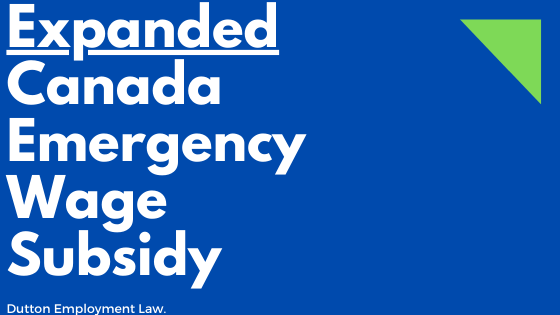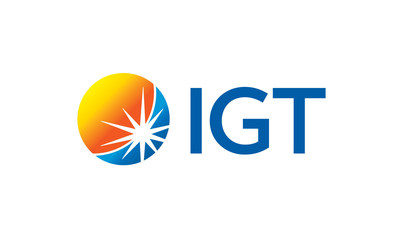
IGT Expands Partnership with Virginia Lottery via Six-Year Primary Scratcher Ticket Printing and Services Contract
International Game Technology announced that its subsidiary, IGT Global Solutions Corporation, signed a six-year contract with the Virginia Lottery to provide Scratcher tickets, strategic planning and services, following a competitive procurement. Under the agreement, IGT will become the primary vendor for instant ticket games for the first time in Virginia and will print, on average, 90 percent of the Lottery’s Scratcher tickets annually. The contract will run through June 30, 2026 and includes the option to extend for up to four additional years.
“Together with IGT’s industry expertise and innovative thinking, we will bring fresh game concepts to the Virginia Lottery’s Scratchers portfolio that will help us achieve our business goals,” said Kevin Hall, Virginia Lottery Executive Director. “We look forward to collaborating on games and initiatives that ultimately support our mission of generating revenue for Virginia’s K-12 public schools.”
“Since 2009, IGT’s printing business, unique same-store sales capabilities and provision of top-indexing games such as Crossword Tripler, Super Triple 7s, and IGT’s exclusive Super Ticket™ have contributed to the Virginia Lottery’s sales growth,” said Jay Gendron, IGT Chief Operating Officer, Lottery. “As the Lottery’s primary instant ticket vendor, we will print most of its Scratchers, allowing IGT to showcase more proprietary content, deliver unrivaled gaming experiences for players, and demonstrate our dedication to world-class customer service and quality.”
Under the terms of the contract, IGT will deliver a comprehensive range of instant ticket services to benefit the Virginia Lottery including portfolio planning, marketing insights, analytics, graphics support, and the production and printing of instant tickets. These services will foster the long-term success for the Lottery and deliver innovative content for players.
In addition to printing instant tickets and its related services, IGT has provided gaming equipment to the Virginia Lottery since 2000 and has been warehousing and distributing instant tickets for the Lottery since 2004. In 2007, the partnership expanded to include the Lottery’s primary gaming system.
About IGT:
IGT (NYSE:IGT) is the global leader in gaming. We deliver entertaining and responsible gaming experiences for players across all channels and regulated segments, from Gaming Machines and Lotteries to Sports Betting and Digital. Leveraging a wealth of compelling content, substantial investment in innovation, player insights, operational expertise, and leading-edge technology, our solutions deliver unrivaled gaming experiences that engage players and drive growth. We have a well-established local presence and relationships with governments and regulators in more than 100 countries around the world, and create value by adhering to the highest standards of service, integrity, and responsibility. IGT has approximately 12,000 employees. For more information, please visit www.igt.com.
SOURCE International Game Technology PLC

